The Taste Makers
Handmade Canberra – An export facilitator for the creative sector
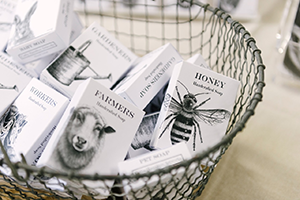 Canberra’s popular Handmade Markets play an important role in Australia’s design ecosystem. The markets bring together makers and buyers both in Australia and now internationally with their new Virtual Markets.
Canberra’s popular Handmade Markets play an important role in Australia’s design ecosystem. The markets bring together makers and buyers both in Australia and now internationally with their new Virtual Markets.
Handmade Canberra was started in 2008 by Julie Nichols. While Canberra already had a few existing markets, Julie felt that none catered just to handmade designers. The first Handmade Market launched at Albert Hall with just 35 stalls. It was an instant success with thousands of shoppers visiting, eager to purchase the unique, quality, Australian made homewares, gifts, fashion, accessories and produce.
Hairdressing on the move
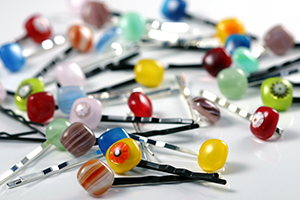 You have probably heard of the lipstick effect which is the theory that when facing an economic crisis people will treat themselves with less costly luxury goods, such as expensive lipstick. During times of war and during the Global Financial Crisis, sales of lipstick were said to increase. So are we seeing similar consumer behaviours during the current pandemic and associated economic stress?
You have probably heard of the lipstick effect which is the theory that when facing an economic crisis people will treat themselves with less costly luxury goods, such as expensive lipstick. During times of war and during the Global Financial Crisis, sales of lipstick were said to increase. So are we seeing similar consumer behaviours during the current pandemic and associated economic stress?
There was a story in June this year of an upmarket hairstylist in New York charging up to $1000 for a haircut and within days of reopening had a waiting list of 1200 people. The salon is struggling to get through the backlog because of the extra requirements to operate safely, but people are prepared to wait with some saying they would eat peanut butter and jelly if they had to just to get that fabulous haircut.
Rewrite your life – Sarah’s journey to life off grid

- Tell us your story - how did you get to where you are now?
I guess my story starts 4 years ago in August, when I hit bottom. I was in struggle town and at my lowest point ever.
I had experienced five house moves in two years, I’d left a significant relationship, had a back injury that led to two job losses and had been unemployed for almost 18 months.
That day in August, I had just signed up to Centrelink and realized that what they were going to give me wouldn’t even cover my rent in the share house I was in. I had no idea what I was going to do and I was just sobbing at my dining table.
Sometimes your art should stay your art
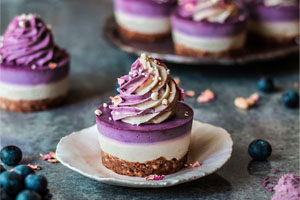 For many artists, designers and creatives no matter what their medium, the desire to run a business creating art for their customers may seem like the perfect way to make money from something you love.
For many artists, designers and creatives no matter what their medium, the desire to run a business creating art for their customers may seem like the perfect way to make money from something you love.
However, the reality often means you need to compromise on your artistic vision to suit your customer’s tastes; meet tight deadlines and constantly grapple with the demands of running a business.
Anthea Cheng from Rainbow Nourishments shares her journey from successful cake business to even more successful author, making the best-sellers list on both Amazon and Book Depository for her recipe book Incredible Plant-Based Desserts: Colorful Vegan Cakes, Cookies, Tarts, and other Epic Delights.
Local business Woman beats the heat and conquers the cold
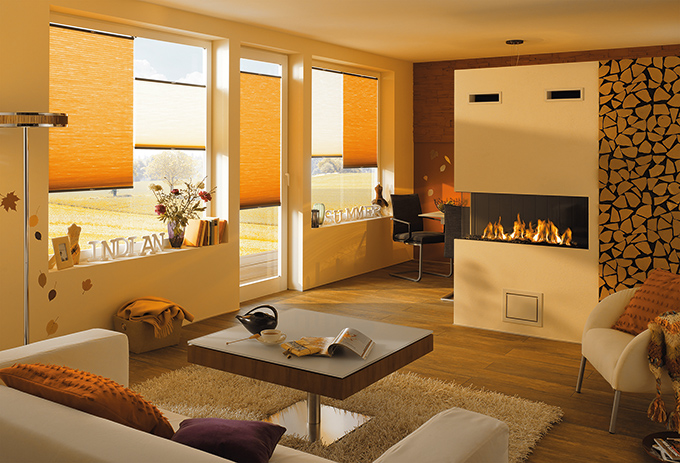 Since 2014, Canberra Women in Business award-winner, Annette Braagaard from Nordic Blinds, has being insulating the Canberra community with quality German-made, stylish blinds.
Since 2014, Canberra Women in Business award-winner, Annette Braagaard from Nordic Blinds, has being insulating the Canberra community with quality German-made, stylish blinds.
Annette grew up in Denmark, married an Aussie, got a diploma in Business management, renovated her home, found a new career path, took a risk and now the rest is history.
25 years of Canberra’s love stories
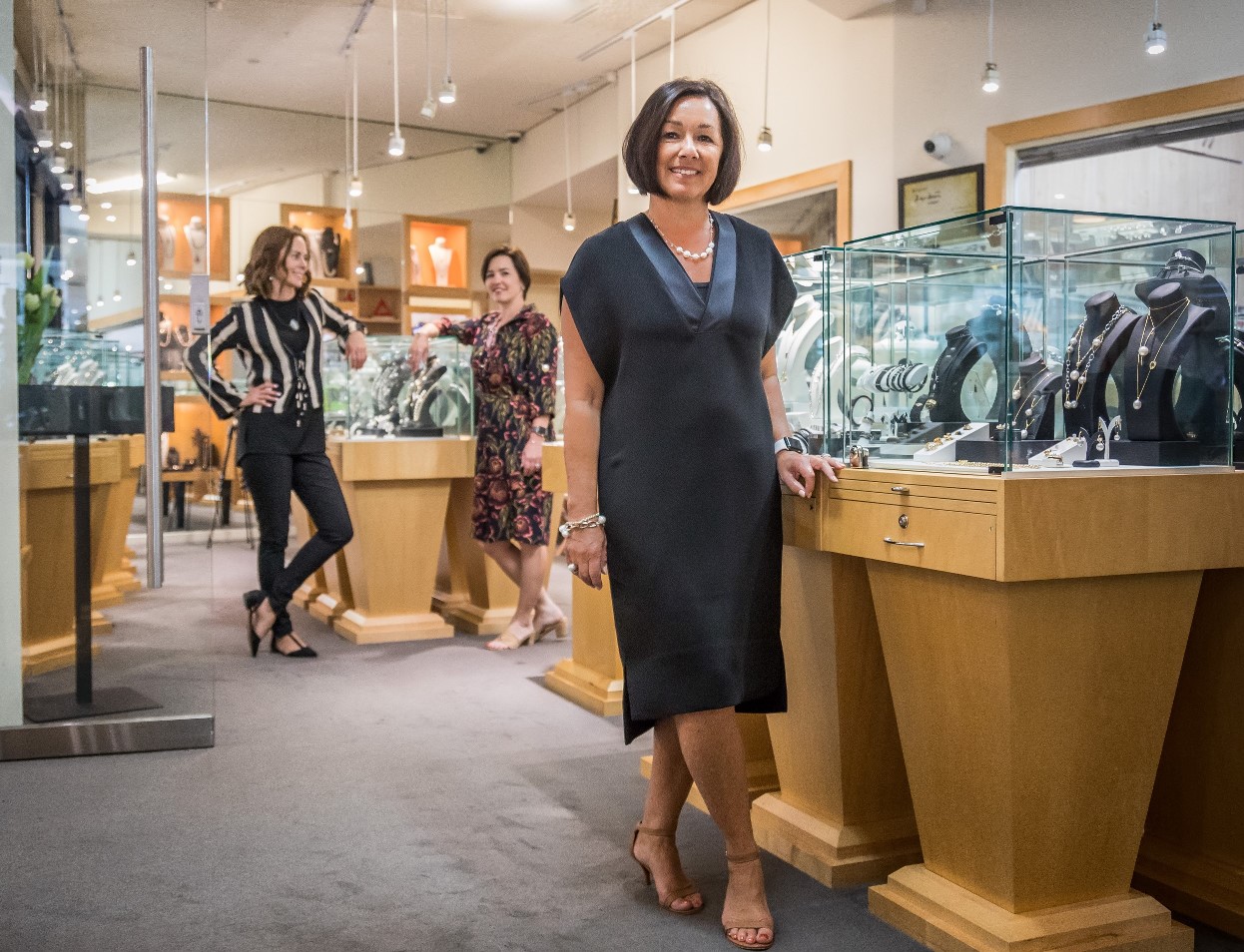 The recent Cartier Exhibition at the National Gallery highlights the role jewellery has always played in celebrating love stories, from the elaborate Tutti Frutti Bandeau bought in 1928 by Lady Edwina Mountbatten to celebrate the birth of her daughter, to the tiara Catherine Middleton wore on her wedding day. However, it’s not just the rich and famous that mark special occasions with beautiful jewellery.
The recent Cartier Exhibition at the National Gallery highlights the role jewellery has always played in celebrating love stories, from the elaborate Tutti Frutti Bandeau bought in 1928 by Lady Edwina Mountbatten to celebrate the birth of her daughter, to the tiara Catherine Middleton wore on her wedding day. However, it’s not just the rich and famous that mark special occasions with beautiful jewellery.
Michele Black and her family own Creations Jewellers of Manuka, a family business that has played an important role in commemorating the special moments in the lives of Canberra families for over 25 years.
With a reputation that not only spans multiple generations of customers, but also a growing interest from interstate and overseas purchasers, the team of six resident jewellers and designers at Creations work closely with each client to handcraft unique pieces that reflect the style and personality of the owner.
A guide to gorgeous - the Trove story
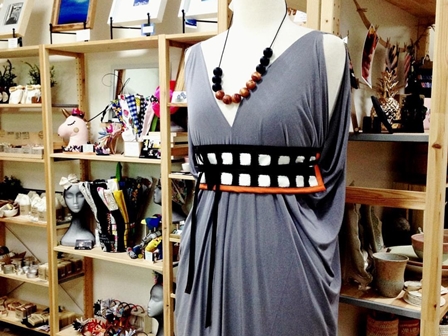 Whether you’re a creative looking for a community or a connoisseur in search of a unique, high quality handmade gift; Trove is the place to go. A local co-operative of makers, designers and artists who all live within a hundred kilometres of Canberra; Trove provides a beautiful city retail outlet, open six days a week.
Whether you’re a creative looking for a community or a connoisseur in search of a unique, high quality handmade gift; Trove is the place to go. A local co-operative of makers, designers and artists who all live within a hundred kilometres of Canberra; Trove provides a beautiful city retail outlet, open six days a week.
Giving Matchboxes a Makeover
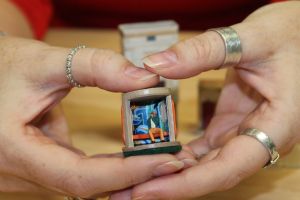
Where did the idea for matchbox miniatures and suitcase dollhouses come from?
My father is an architect, so I have always been interested in building. My partner has an archaeological background and is interested in history and I am an animator. I do stop motion animation and computer animations and I love miniatures. I love little things and I have very steady hands, almost surgeon hands from my stop motion days. It all kind of came together, when you put the miniatures with the love of buildings and the love of history.
The 'fabric' of Canberra society
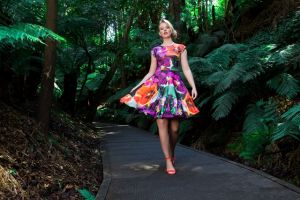
“The idea to create my own fabric print came about as a necessity,” says Yumi.
“Finding fabric printed in Australia can be really difficult, so I thought how about I try and make my own.
“My first collection was inspired by the idea that women were these modern day warriors and I wanted to create a fabric print that looked like a modern woman’s environment.
Still Making Merry – Canberra’s Own Papas Sisters
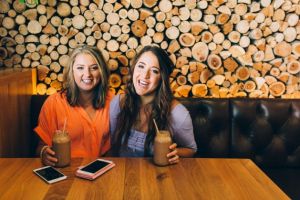 Photo by: Rialba PhotographyCarla Papas from the Merrymaker Sisters graced the Canberra Wise Women at our launch event in December 2015. Then, Carla told us all about the business she created with her sister Emma, which focuses on real food for a real lifestyle. Their books, podcast, recipes and articles all support this sole
Photo by: Rialba PhotographyCarla Papas from the Merrymaker Sisters graced the Canberra Wise Women at our launch event in December 2015. Then, Carla told us all about the business she created with her sister Emma, which focuses on real food for a real lifestyle. Their books, podcast, recipes and articles all support this sole
(and soul!) purpose. Back then, the sisters were full of energy, positivity and determination and,
clearly - nothing has changed.
Well, there has been one big change - the girls have left Canberra and relocated to the Gold Coast in pursuit of warmer climes. While Canberra misses the Merrymaker Sisters, we will, generously share the Merrymakers with the rest of Australia!
Riding the Health Kick!
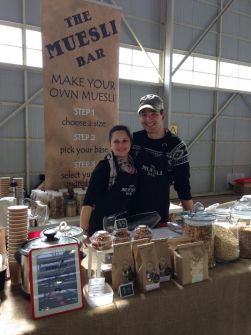 As we become more motivated by health and wellbeing, the health food industry is reaping the rewards.
As we become more motivated by health and wellbeing, the health food industry is reaping the rewards.
For Lisa Fischer from The Muesli Bar, business is booming after being inspired by her own preference for homemade muesli.
"I used to always make my own muesli and about seven years ago, I had the idea of setting up a website where anyone could pick what goes into their muesli, make up their own mixes and then have it delivered," says Lisa.
Like many start-up stories, Lisa's start in business was motivated by the struggle to find a job.
At her husband's suggestion, she decided to give her health food idea a go and started selling her muesli products at the Farmers Market at Exhibition Park in Canberra.
"The markets, especially those at EPIC, are incredible. The people that shop there are very supportive and passionate about the products sold," she says.
"We have been so fortunate with our loyal customers that things have developed naturally through the markets."
Adapting to Change – the Country Valley story
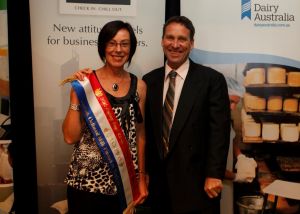
Sally Fairley from Country Valley, a family owned dairy farm based in Picton, knows how important their story has been in growing their business.
"My husband always says 'I don't sell milk, I sell a story", says Sally.
"In the beginning the story we told was all about the family and the farm and its history and this was a really successful marketing tool."
Could school fairs become the new launchpad for creatives?
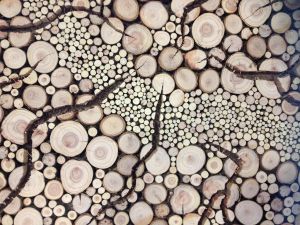
However, with recent funding cuts and the bundling together of various art forms, craft has lost its separate identify in the national conversation.
Despite these challenges, the artists and artisans have proved to be an agile group who have adapted to the changed environment, forming new partnerships and finding new avenues to sell their creations.
Dough-n’t doubt yourself – do what you love!
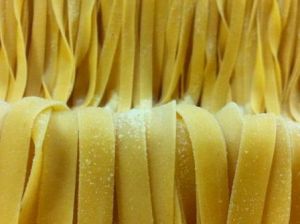
Five years ago, a close friend was opening a fruit shop and Sue jumped at the chance to sell her range of homemade pasta.
"I asked whether he would sell pastas in the store, and when he said yes, I went home and ordered a pasta machine to make pasta," says Sue.
"I bought a commercial pasta machine from Melbourne, purchased 25kg of durum flour and a box of 15 dozen eggs and went to work perfecting my pasta recipe."

